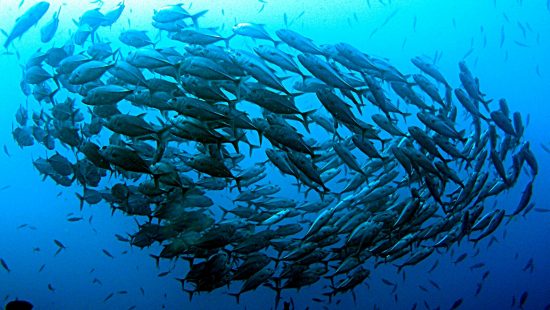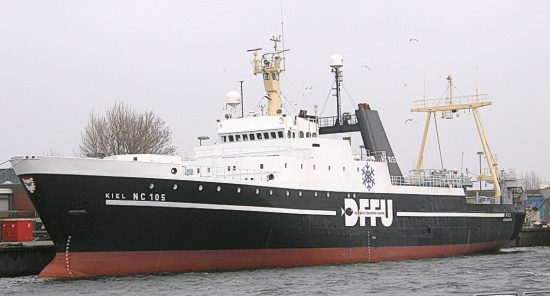



The amount of fishing that actually takes
place is actually being under-reported; so much so that about a fifth of the
fish stocks worldwide comes from illegal fishing. Such fish stocks – called
illegal, unregulated or undocumented (IUU) – can actually make their way to
your dinner plate. This revelation has emerged as a result of a federal
government response to an inquiry from the parliamentary group “DIE LINKE“.
Although there are catch permits
certifying that the fish being imported into the EU had been caught legally,
the system is not perfect. The WWF considers the inspection of such permits
going into Germany to be inadequate, as only a third of the 45,000 import
permits are checked.
Catherine Zucco, fisheries expert at WWF,
said that less than half of the catch permits are being checked by the German
authorities, so there is a possibility that their fish counters are serving as
the trading points for the illegal fish catches. According to the federal
government, although 31,500 to 36,000 of the annual incoming catch permits are
classified as risk cases, only 15,000 of them are being checked.
For the imports that are logged in on
weekends and at night, the catch permits are checked only at random, according
to the Federal Government. Only five officials are put in charge of these
inspections at the Federal Institute for Agriculture and Food here, compared to
the 19 officials who have been assigned the same responsibility for the same
number of imports in Spain.
For the WWF, the German issue begins with
how “risk” is defined. Current EU regulations list 15 criteria to be considered
when deciding whether a specific fish stock comes from IUU fishing. This
include so-called “flags of convenience” from states that are unable or
unwilling to control their fishing vessels, IUU concerns in the vessel's or
operator's history or whether there are discrepancies between the quantities
landed and the quantities being imported.
For Germany, such multiple criteria does
not matter. It limits its evaluation too simply: if there are several
transhipment of catches, the risk of illegal activity would be higher. This is
particularly true for container imports; the Federal Government actually
classifies 70 to 80 percent of such fish imports as a risk factor.
The federal authorities impose the
European regulations to prevent illegally caught fish from reaching the market,
but this has limited effect. The controls imposed are in no way proportional to
the amount of fish derived from illegal fishing. The consumer has no way of
knowing whether the fish sold at the market had been caught illegally, said
Zucco.
 Mares
Mares 16th December 2015
16th December 2015